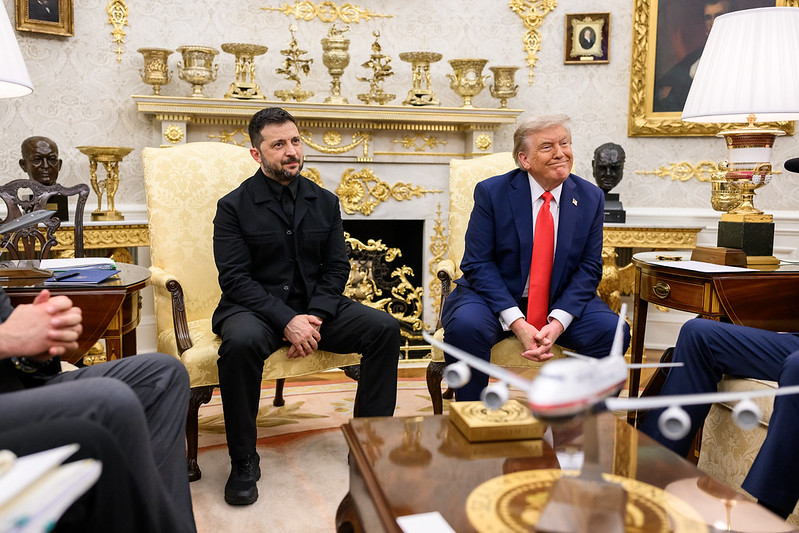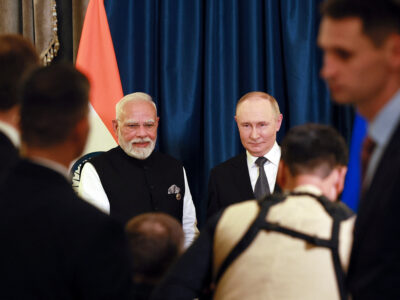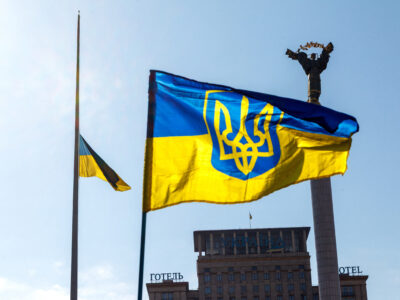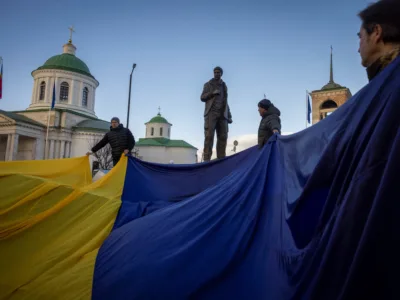Mutual Security Must Undergird Peace in Ukraine
Amid all the talk of “breakthroughs” in the swirl of summitry to settle the Ukraine war over the past several days, by far the biggest was the recognition, at long last, that none of the players in this long-running tragedy will be secure until they all are. Achieving that goal—simple in concept but devilishly difficult to operationalize—will be the central focus of peacemaking over the coming days and weeks.
The dawning of that reality began several weeks ago, as the Trump administration wrestled with frustration over Russia’s refusal to agree to an unconditional ceasefire as the first step in ending the war. Many advocated ratcheting up economic and military pressure on Putin simply to “stop the killing,” but what brought Putin to Alaska was almost certainly not the threat to double down on the Biden administration’s failed attempts to coerce Russian capitulation. Rather, it was Trump’s willingness to test Russia’s insistence that it would talk peace if the Americans were willing to address what Russia called the “root causes” of the conflict—a euphemism for Russia’s insistence that Ukraine’s membership in NATO and hosting of NATO forces must be proscribed. When Trump’s negotiators dropped their focus on a ceasefire in favor of a framework deal that would codify compromises over key substantive matters, the path toward the Alaska meeting quickly opened.
At the Alaska meeting, Putin signaled that US efforts to address those security concerns would not go unreciprocated. A settlement, Putin said at the concluding press conference, must “reinstate a just balance of security in Europe and in the world on the whole.” He then added a critical admission: “The security of Ukraine should be ensured as well. Naturally, we are prepared to work on that.”
Provisions for Ukrainian security were the focus of talks at the White House on Monday between Trump, Ukrainian president Zelensky, and a set of European leaders. Unsurprisingly, the Ukrainians have long sought a legal commitment from the United States and its NATO allies to regard an attack on Ukraine as an attack on its partner states—the functional equivalent of NATO’s Article V, even if Ukraine is not a formal alliance member. And they have sought the stationing of a Western deterrent force on Ukrainian territory to serve as a concrete indicator that any new Russian invasion would quickly escalate into a war with the West.




